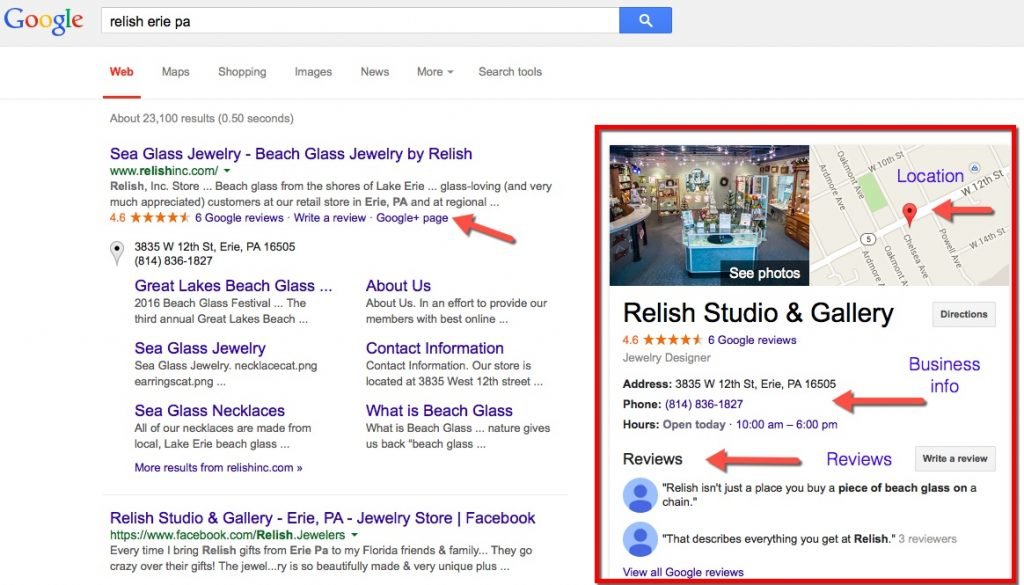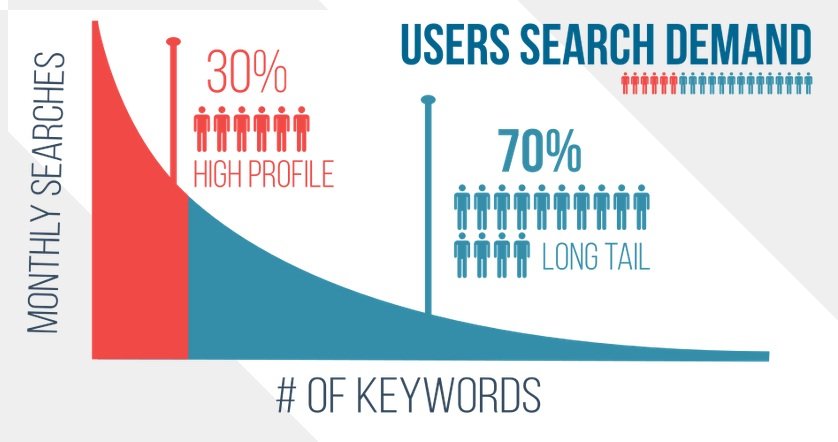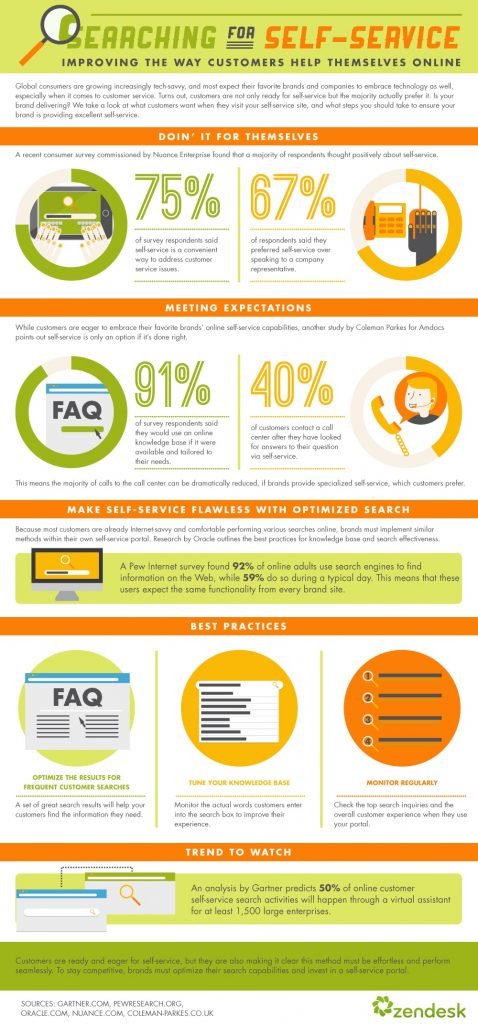New Challenges for SEOs
While the unprecedented increase in the use of voice search engines has simplified searches for people, it has posed new challenges for marketers and SEO professionals across industries. If you run an online business or promote products (or services) on the web, voice search is something you can't ignore. Now, you need to think how you can optimize your content for voice search to rank your websites higher up in search engine results and fulfill your business goals. To capitalize on the voice search trend, you need to rethink your SEO strategy. The voice search technology has enabled people to interact naturally with machines. This means you should roll up your sleeves and plan to build conversational canvases to stay ahead of the curve and attract more customers to your business. Advanced keywords and highly specialized content should make the foundation of your new search strategy. Nobody can deny the impact of great content but shrinking screen sizes and reduction in people's attention span are strong signals that you should take all angles into consideration when laying out an SEO strategy for your company. Users are looking for instant answers, and you need to address their concerns.Optimization for Voice Search
Since the arrival of search engines, people have learned how to use keywords to find a piece of information they are looking for. But voice search is different; it's more conversational in tone and typically mobile. If you plan to improve your overall SEO and stay ahead of the game, you should definitely learn how to optimize for voice search. Here are some important voice search optimization tips for you to follow - Use Google My Business: Have you claimed your Google My Business listing yet? If not, don't waste any more time. Claiming and optimizing Google My Business means you'll make it easy for Google users to find information when they look for your business and products or services you deal in. Many voice searches are locally focused and having your business claimed and up-to-date on Google My Business will increase your chances of being found when people conduct a voice search concerning your business, the geographical location where you operate and the business category you fall into. Plus, the upside is that businesses that verify their information with Google My Business look more credible to consumers.
Focus on Long-Tail Keywords: When people run a voice search on their mobile devices, they don't have to use a keyboard. So, voice search queries are usually longer, technically termed as long-tail keywords.
Plus, the upside is that businesses that verify their information with Google My Business look more credible to consumers.
Focus on Long-Tail Keywords: When people run a voice search on their mobile devices, they don't have to use a keyboard. So, voice search queries are usually longer, technically termed as long-tail keywords.
 If you're typing on Google on your mobile phone, for example, you're not going to type “What is the best way to cure knee pain?” You won't because it takes more time. Instead, you'd prefer typing the exact keyword “cure knee pain” and select and click links from results.
Speaking is easier than typing, and that's why voice search queries are usually longer and more conversational. When optimizing for voice search, you should intensely think about the kind of language your prospects use and the questions that your prospects face on a day-to-day basis. Based on this research, you'll be able to get your voice search optimization right. Remember that voice search is a lot more than just diversifying your keywords. It's more about how people speak in their daily lives.
Create FAQ Content: Most businesses normally create a single FAQ page on their website, right? It's time to move beyond. Don't just create FAQ pages, but create FAQ-styled content, as much as you can. Take up a relevant common question and write a blog post around it. Revamp your product pages with the same Q&A idea in your mind. If you want to get the most out of the voice search technology, create multiple different pages, each of which succinctly answers a direct question that your audience has.
If you're typing on Google on your mobile phone, for example, you're not going to type “What is the best way to cure knee pain?” You won't because it takes more time. Instead, you'd prefer typing the exact keyword “cure knee pain” and select and click links from results.
Speaking is easier than typing, and that's why voice search queries are usually longer and more conversational. When optimizing for voice search, you should intensely think about the kind of language your prospects use and the questions that your prospects face on a day-to-day basis. Based on this research, you'll be able to get your voice search optimization right. Remember that voice search is a lot more than just diversifying your keywords. It's more about how people speak in their daily lives.
Create FAQ Content: Most businesses normally create a single FAQ page on their website, right? It's time to move beyond. Don't just create FAQ pages, but create FAQ-styled content, as much as you can. Take up a relevant common question and write a blog post around it. Revamp your product pages with the same Q&A idea in your mind. If you want to get the most out of the voice search technology, create multiple different pages, each of which succinctly answers a direct question that your audience has.
 Initially, you may look at this task as a daunting one but once you start doing it and see the results materialize, you'll understand it was truly worth your time. Asking semantic questions that your target audience is asking will not only boost your voice search visibility, but it will also increase your chances of showing up in Google's 'Featured Snippet'.
Make It Easy for Googlebot to Crawl Your Site: One major reason for websites that appear in voice search is that their microdata is in good shape. So, use correct schemas to provide voice search devices more information about what your site and content are all about.
Submit a sitemap to Google and then populate your site with every bit of crucial information that people using voice search may need. Recheck whether your site has a correct physical address, contact number, opening hours, pricing and direction to your office or store. Also, visit Google's Structured Data Markup Helper to find out how you can parse content on your site and understand how to create the right HTML.
Voice search is only picking up more steam. It's time for SEOs to include voice search optimization into their overall marketing plan and leverage its benefits for more business and revenues.
Initially, you may look at this task as a daunting one but once you start doing it and see the results materialize, you'll understand it was truly worth your time. Asking semantic questions that your target audience is asking will not only boost your voice search visibility, but it will also increase your chances of showing up in Google's 'Featured Snippet'.
Make It Easy for Googlebot to Crawl Your Site: One major reason for websites that appear in voice search is that their microdata is in good shape. So, use correct schemas to provide voice search devices more information about what your site and content are all about.
Submit a sitemap to Google and then populate your site with every bit of crucial information that people using voice search may need. Recheck whether your site has a correct physical address, contact number, opening hours, pricing and direction to your office or store. Also, visit Google's Structured Data Markup Helper to find out how you can parse content on your site and understand how to create the right HTML.
Voice search is only picking up more steam. It's time for SEOs to include voice search optimization into their overall marketing plan and leverage its benefits for more business and revenues.




